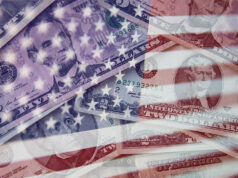
US think tank cites Philippines’ declining COVID-19 cases
By Revin Mikhael D. Ochave, Reporter
FILIPINO consumers are more optimistic as the country continues its economic recovery from the coronavirus disease 2019 (COVID-19) pandemic, according to US-based think tank The Conference Board.
The Conference Board said in its fourth-quarter 2021 Global Consumer Confidence Survey that the Philippines ranked fifth among 65 markets examined across the world.
Based on the survey, the Philippines recorded a score of 124 in the Global Consumer Confidence Index (CCI) during the fourth quarter of 2021, which is an improvement compared to the score of 118 it had in the third quarter of 2021.
The country’s score of 124 is above the global CCI average score of 115.
According to The Conference Board, a reading above 100 shows that there are more optimistic consumers compared with pessimistic ones, while a reading below 100 means the opposite.
The survey showed that the Philippines is near the average score of the Asia-Pacific region for the fourth quarter at 128, higher by two points compared with 126 in the previous quarter.
In the region, the country’s score for the quarter ranked it third, only trailing China at 131 and India at 157.
In contrast, some of the other Asia-Pacific countries that had lower scores than the Philippines were Indonesia at 116, Vietnam at 113, Malaysia at 112, Thailand at 108, Australia at 107, New Zealand at 105, Hong Kong at 102, Singapore at 96, Taiwan at 95, South Korea at 72, and Japan at 71.
“Asian consumers continued to be more optimistic than those in any other region tracked by the survey. Much of the fourth quarter optimism across the region can be attributed to declining COVID-19 cases, increases in vaccination rates, and thus loosened mobility restrictions,” the survey said.
The Philippines’ Health department announced on Sunday that there were 3,050 new COVID-19 cases, lower than the 3,792 new cases the prior day. Following the decline in COVID-19 cases, the government is eyeing to downgrade restrictions in Metro Manila and other areas with lower infections.
However, the survey said the high-level confidence in the region is unlikely to last.
“Due to the now rapidly rising number of Omicron cases globally, several Asian markets have already adopted tightened mobility and border policies, and undoubtedly, more economies will follow suit over the coming weeks. A new COVID-19 wave in the region could lead to the re-adoption of “zero-tolerance” strategies, which will likely dampen consumer confidence,” the survey said.
Apart from basic necessities, the top three spending choices for consumers in Asia for the period include savings at 56%, followed by new clothes at 44%, and new technology products at 40%.
Other top spending choices are investing in shares of stock or mutual funds at 39%, followed by holidays or vacations at 38%, and out-of-home entertainment and medical, both at 37%.
“Discretionary spending in [the fourth quarter] on products and services remained largely unchanged from the third quarter, but was up notably across all categories compared with spending a year ago,” the survey said.
Steven T. Cua, president of the Philippine Amalgamated Supermarkets Association, said in a mobile phone message that the confidence of Filipino consumers gradually increased due to the availability of COVID-19 vaccines and booster shots in urban areas.
Mr. Cua added that allowing the vaccination of children also helped in increasing consumer confidence.
“[However], as for business confidence, establishments are more cautious in embracing the transition towards the new normal. Retailers and mall-operators have been hurt badly during the last two years,” Mr. Cua said.
Further, the survey showed that the spending of Asian consumers on savings, investments, and repayments declined during the period.
“The decrease was most notable in the share of consumers putting spare cash into retirement funds. This may indicate decreasing concern about future finances, or they transferred spare cash to other investment channels,” the survey said.
In a Viber message, Bank of the Philippine Islands Lead Economist Emilio S. Neri, Jr. projected that consumer confidence in the Philippines would continue to improve in 2022.
“We think improvements will continue progressively in 2022 as herd immunity is likely to be achieved by the second quarter of 2022. The reopening of face-to-face classes is also expected to further boost overall spending just as demand for high contact services continue to pick up,” Mr. Neri said.
According to The Conference Board, the global consumer confidence survey was conducted from Nov. 4 to Dec. 2 last year, and involved more than 30,000 online consumers across 65 markets.



